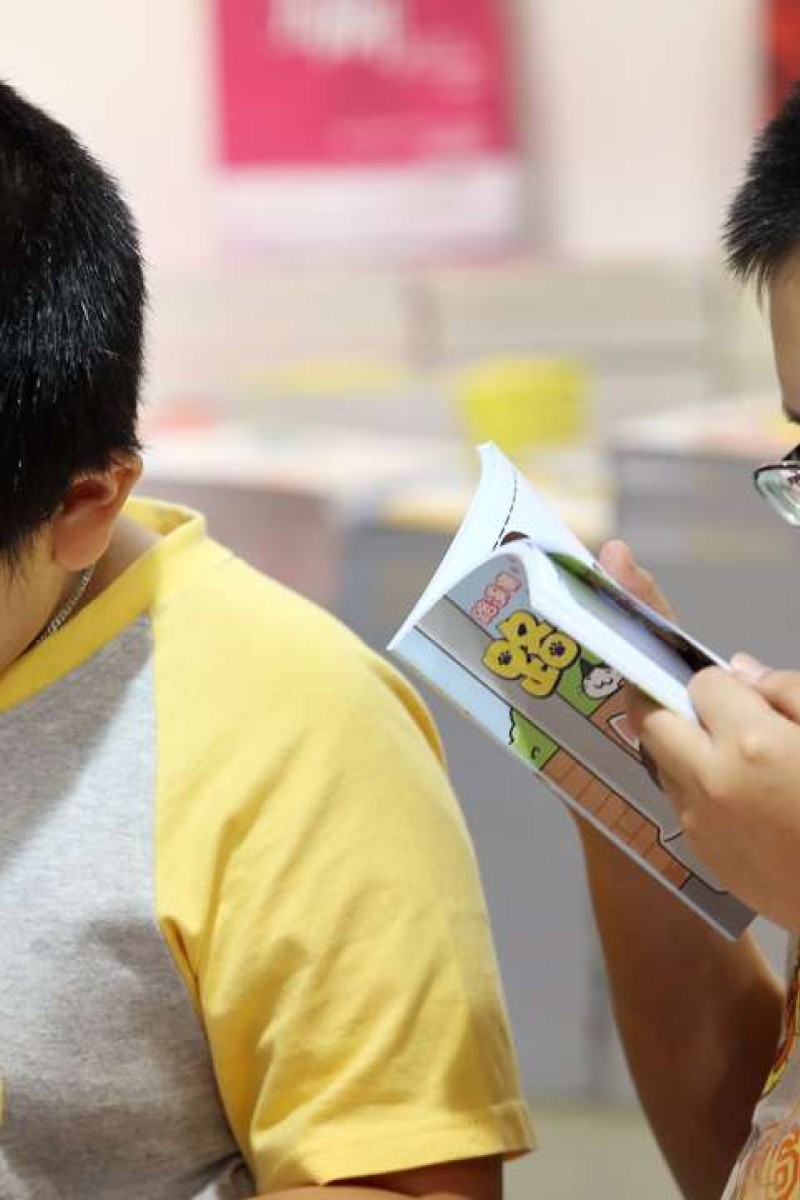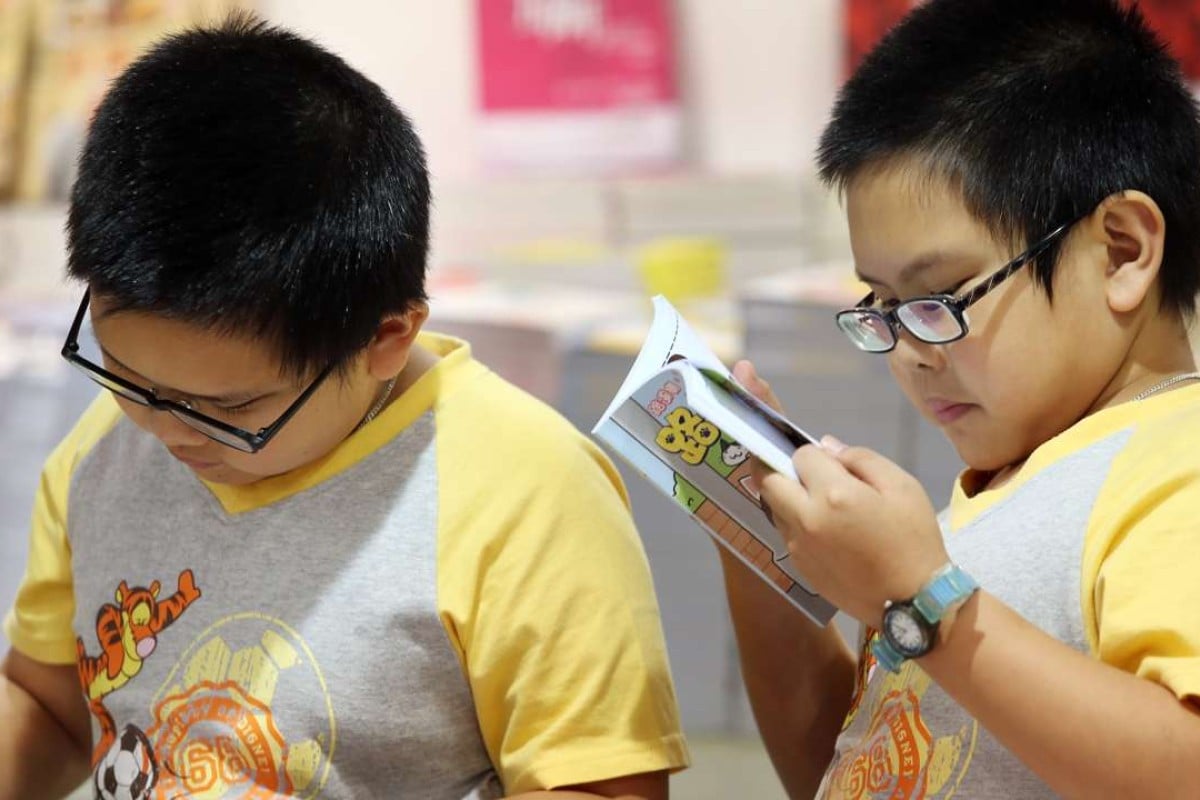
Principals and students react as Hong Kong Education Bureau axes school reading grants
Schools used to receive up to HK$17,234 per year to spend on books and reading materials
 Most principals feel that the grant helped get students interested in reading.
Most principals feel that the grant helped get students interested in reading.A group representing secondary school principals has criticised the Education Bureau’s decision to end a school reading grants scheme. They say this will discourage reading habits among students.
The Association of the Heads of Secondary School urged the bureau to restore the Chinese and English extensive reading scheme grants. The subsidies were used by both primary and secondary schools to buy books and multimedia reading materials. Primary schools with 12 or fewer classes used to receive HK$4,149 a year, and those with more than 12 given HK$8,300. Secondary schools received HK$17,234 a year.
Lee Suet-ying, chairman of the association and principal of Ho Yu College and Primary School, said reading is important for the education and growth of students. She criticised the message the decision sent to the community.
“This might indicate the bureau does not support reading. It’s a very short-sighted measure,” she said.
A bureau spokesman said grants were withdrawn because reading habits and methods of fostering reading had changed with the use of online resources.
CUHKFAA Thomas Cheung Secondary School principal Ng Tak-kay told Young Post yesterday that ending the reading promotion grants will not have a huge impact because it is the role of the school, not the funds, to promote reading habits.
“I think we, as educators, play a more vital role in cultivating reading habits in school,” says Ng. “We can also use our funds flexibly. For instance, although the reading promotion grants have been cut, we can use the Expanded Operating Expenses Block Grant (EOEBG) to buy printed or multimedia reading materials.”
But Wong Tai Sin Baptist Rainbow Primary School principal Chu Tsz-wing said the reading scheme grants play a significant role in encouraging students to read more books. “Each year we buy a certain amount of reading materials, and have accumulated more books in the library,” he said. “Now we’ll have to use other funds to buy books, and this means other resources have to be cut. I don’t think it’s a good decision to end the grants because it will adversely affect the growth of students.”
Vincent Suen Wai-cheong, 18, a Form Six student at Wah Yan College, Kowloon, said it was a shame the bureau made this decision. “I do not think it will cost the government a lot of money,” he said. “What about the city’s ‘white elephant’ projects? Why did they spend so much on these projects instead of the reading scheme grants, which will be beneficial to students? I think the government’s decision will adversely affect the reading atmosphere in school.”
The association also criticised the government for a lack of consultation, as schools only found out about the decision at the start of the school year this month. However, the EB spokesman said both primary and secondary schools were consulted, and added that there were other public funds that could be used to buy books.